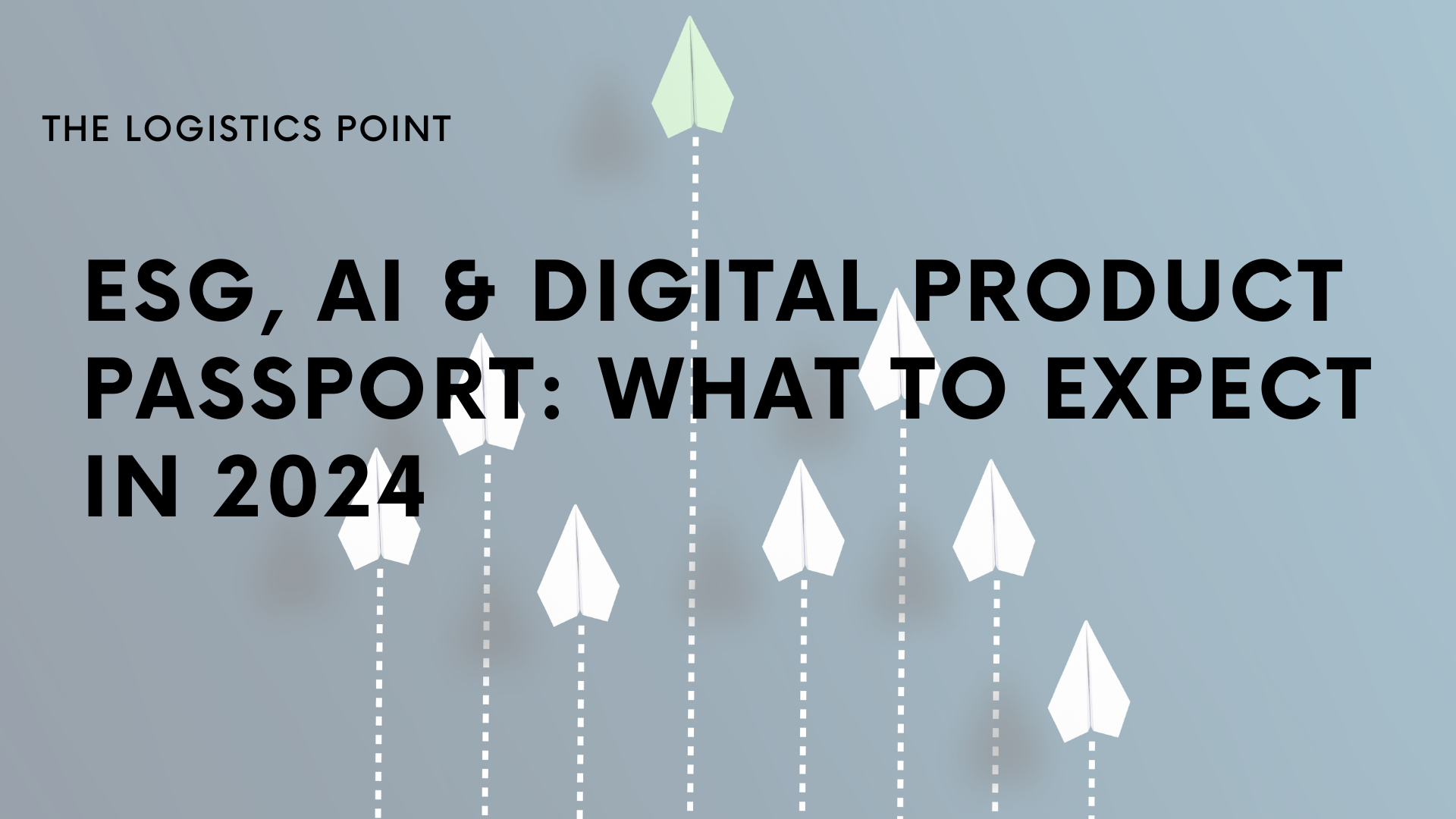Comments by Mark Morley, Senior Director, Product Marketing at OpenText
Find more about what the logistics & retail industry expects from 2024 in our January magazine here.
Embracing conversational AI across tomorrow’s supply chains
In 2024, we will see more companies looking to obtain greater value and insights from the data being exchanged across their business ecosystem. As a technology, ‘Big Data’ has been around since 2010, but in 2024, we will see explosive growth in the use of Generative AI solutions and especially Conversational AI solutions in the supply chain sector.
The ability to have a ‘conversation with a business network’ that is connected to all your business systems and your external trading partner community will be of tremendous value to companies of all sizes, offering accelerating supplier onboarding to optimizing logistics flows, from improving inventory management to accelerating payments between parties. Conversational AI is set to change how users interact with their business networks.

Leveraging a business network for ESG and SCOPE 3 reporting
With the introduction of new ESG mandates worldwide, companies are being forced to make significant changes to their supply chain operations. Business networks allow companies to not only exchange information digitally, but they can also derive powerful insights to help optimize up and downstream processes and comply with regional compliance mandates.
From adhering to the Dodd Frank Conflict Minerals law in the US to ensuring that all companies in Germany embrace the ‘Act on Due Diligence in Supply Chains’, ethical and sustainable sourcing will become a required business practice moving forwards. In 2024, we expect more companies to draft similar regulations, which are expected to include the newer SCOPE 3 regulations.
Companies will become responsible for monitoring the carbon emissions produced at every tier of their supply chain and transporting goods across each tier. Business networks will become central to the exchange of ESG and SCOPE 3 information, and we will likely see new EDI transactions emerge or existing transactions updated to include information about ESG and SCOPE 3 reporting.
How intelligent command centers provide supply chain leaders with actionable insights
In 2024, we are likely to see the traditional supply chain control towers increasingly being replaced or complemented by intelligent command center capabilities that go beyond KPI tracking by allowing users to access more insights and get guidance on where they need to focus.
This will require bringing together various technical capabilities from role-based access and diverse data integration to specialized user interfaces and AI-assisted analytics features. As with most complex IT solutions, one size will not fit all, and flexibility and adaptability will be crucial for success.
Digital Product Passports will simplify the journey towards the Circular Economy
Digitizing a product is not a novel concept as the digital twin has gained traction in product design, testing and usage. But adding in the identity-centric models, such as a digital passport adds new use cases and also some new challenges. 2024 will see a renewed interest in digital twins leveraging the digital passport to drive sustainability projects, especially those mandated by government regulations. The Ecodesign for Sustainable Products Regulation in the European Union is a good example of these regulations.
The proposal for a new Ecodesign for Sustainable Products Regulation (ESPR), is the cornerstone of the Commission’s approach to more environmentally sustainable and circular products. One of the key challenges is governing who should have access to the digital passport data, such as location or the personal data of the user of the product.
This could be especially problematic in highly regulated industries such as healthcare where patient data must be protected but still be utilized by the authorized groups. The digital passport needs a strong governance and authentication system for its true value to be realized.
If implemented with a strong security posture it can be a key part of a product’s digital transformation that gives insight into the initial use and throughout the product’s lifecycle. Digital passports will give manufacturers of any size, valuable data that can be used to improve product design as well as enhance the customer experience.



